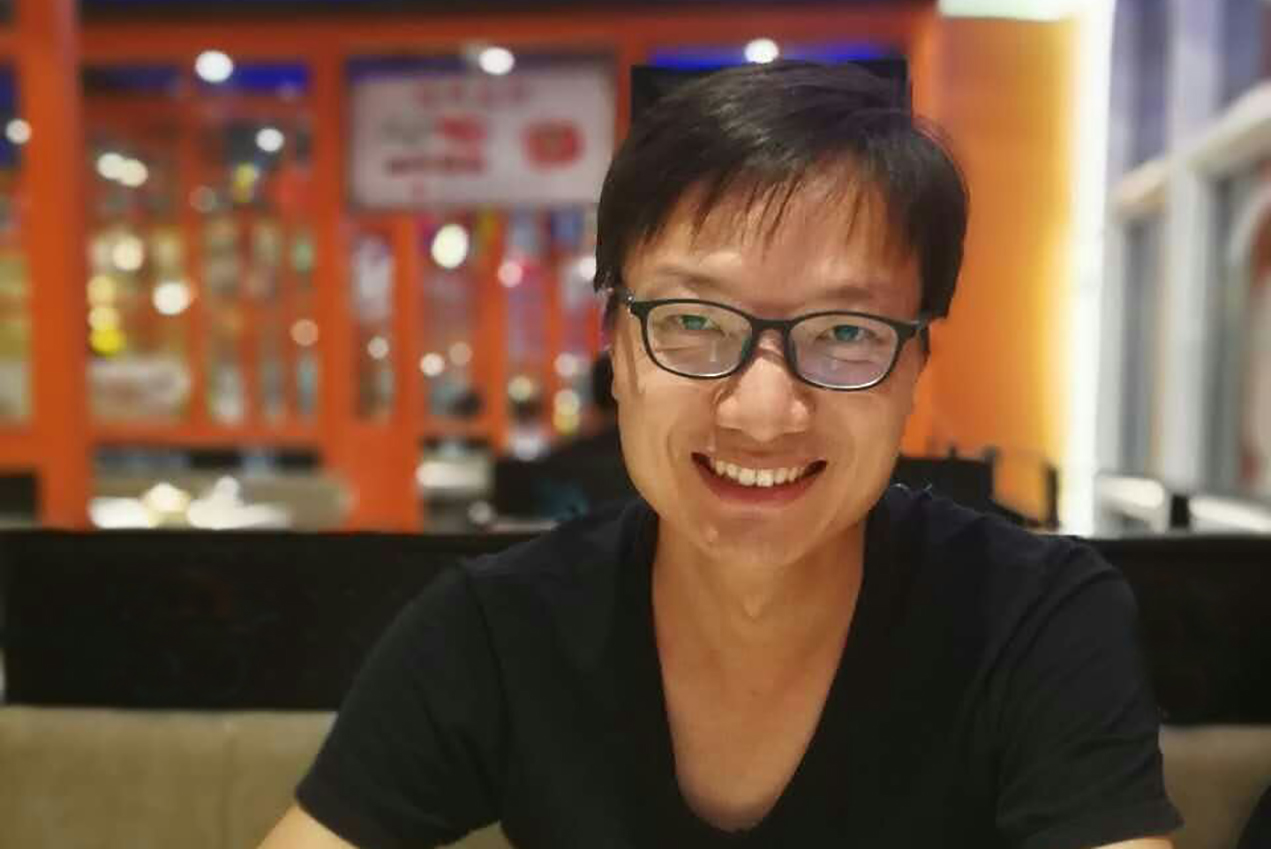USC postdoctoral researcher Xi Chen knows that you have to break a few eggs in order to grow chicken stem cells. His work on maintaining embryonic stem cells (ESC) from chicken eggs provides insight into stem cell pluripotency and evolutionary developmental biology.
“The choice of beginning with fertilized chicken eggs was critical to the success of my research because they are easy to get from a farm. It took more than 5,000 fertilized eggs to develop an optimal environment for maintaining chicken ESCs [in the lab],” said Chen, who works in Qi-Long Ying’s lab in the Eli and Edythe Broad Center for Regenerative Medicine and Stem Cell Research at USC.
Chen hopes that his research will lead to applications in other avian species such as quail or geese. Quail ESCs could be useful in the lab due to their shorter maturation times and smaller size compared with chicken ESCs. Further applications could extend to developing laboratory-generated food lines. In addition, comparing ESCs from a variety of birds could shed light on their biological diversity, and create future potential for reviving extinct or repopulating endangered species.
Chen originally intended to work in a clinical laboratory at a large hospital, and studied medicine at Shanghai Jiao Tong University. But after running the same lab tests day after day as an intern, he yearned for an opportunity to explore other areas of science.
After completing his undergraduate degree, he earned an MS in biochemistry from George Washington University in Washington, D.C. This led him to apply to PhD programs, which is how he came to USC.
“I looked at many universities,” he said, “but USC offered a highly supportive program that encouraged doctoral students to seek their areas of interest.”
After completing lab rotations in immunology, pharmacology and stem cell biology, Chen found his fit in Ying’s lab.
Chen initially focused on using a then-novel gene editing technology, CRISPR, to deactivate genes, known as GSK3 genes, in mouse ESCs. He then published research in the journal Developmental Cell about the role of two forms of GSK3 on ESC maintenance and differentiation. In 2019, he presented this research at the meeting of the International Society for Stem Cell Research (ISSCR), hosted by USC Stem Cell at the Los Angeles Convention Center.
This early success inspired him to pursue a much riskier project: developing on a method for maintaining chicken ESCs in their undifferentiated self-renewing state. Chen presented his research on avian ESCs at the 2020 ISSCR meeting, which was virtual due to the pandemic.
“Presenting at the ISSCR two years in a row was both exciting and an honor for me,” he said.
In fall 2020, Chen received his PhD and is continuing his work on chicken ESCs as a postdoc in the Ying Lab.
“Xi Chen is a smart, creative, hardworking, and driven young scientist,” said Ying, MD, PhD, who is a professor of stem cell biology and regenerative medicine, and integrative anatomical sciences at the Keck School of Medicine of USC. “He has a great potential to become a leader in the stem cell and regenerative medicine field.”
Chen enjoys life in Los Angeles — with its ocean breezes that remind him of home, and authentic Chinese food offering many regional dishes that aren’t available in his native Shanghai. He’s even found time to go fishing for lobster, a favorite seafood in his hometown. But he devotes most of his time to the lab.
“I want to develop my chicken-egg ESC lines further to expand the research,” Chen said. “This topic is my baby.”
— Isabelle Osterholt


